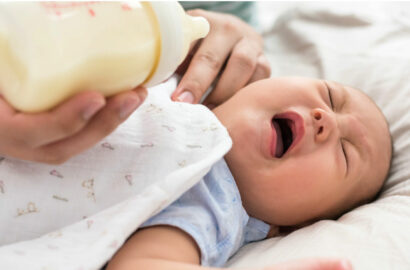Australian Study – Evidence Based Sleep Training Methods
Dr Micheal Gradisar is the Associate Professor in Clinical Child Psychology and Director and Clinical Psychologist at the Child and Adolescent Sleep Clinic at Flinders University
OBJECTIVES: To evaluate the effects of behavioural interventions on the sleep/wakefulness of infants, parent and infant stress, and later child emotional/behavioural problems, and parent-child attachment.
METHODS: A total of 43 infants (6–16 months, 63% girls) were randomized to receive either graduated extinction (n = 14), bedtime fading (n = 15), or sleep education control (n = 14). Sleep measures included parent-reported sleep diaries and infant actigraphy. Infant stress was measured via morning and afternoon salivary cortisol sampling, and mothers’ self-reported mood and stress. Twelve months after intervention, mothers completed assessments of children’s emotional and behavioural problems, and mother-child dyads underwent the strange situation procedure to evaluate parent-child attachment.
RESULTS: Significant interactions were found for sleep latency (P < .05), number of awakenings (P < .0001), and wake after sleep onset (P = .01), with large decreases in sleep latency for graduated extinction and bedtime fading groups, and large decreases in number of awakenings and wake after sleep onset for the graduated extinction group. Salivary cortisol showed small-to-moderate declines in graduated extinction and bedtime fading groups compared with controls. Mothers’ stress showed small-to-moderate decreases for the graduated extinction and bedtime fading conditions over the first month, yet no differences in mood were detected. At the 12-month follow-up, no significant differences were found in emotional and behavioural problems, and no significant differences in secure-insecure attachment styles between groups.
CONCLUSIONS: Both graduated extinction and bedtime fading provide significant sleep benefits above control, yet convey no adverse stress responses or long-term effects on parent-child attachment or child emotions and behaviour.




